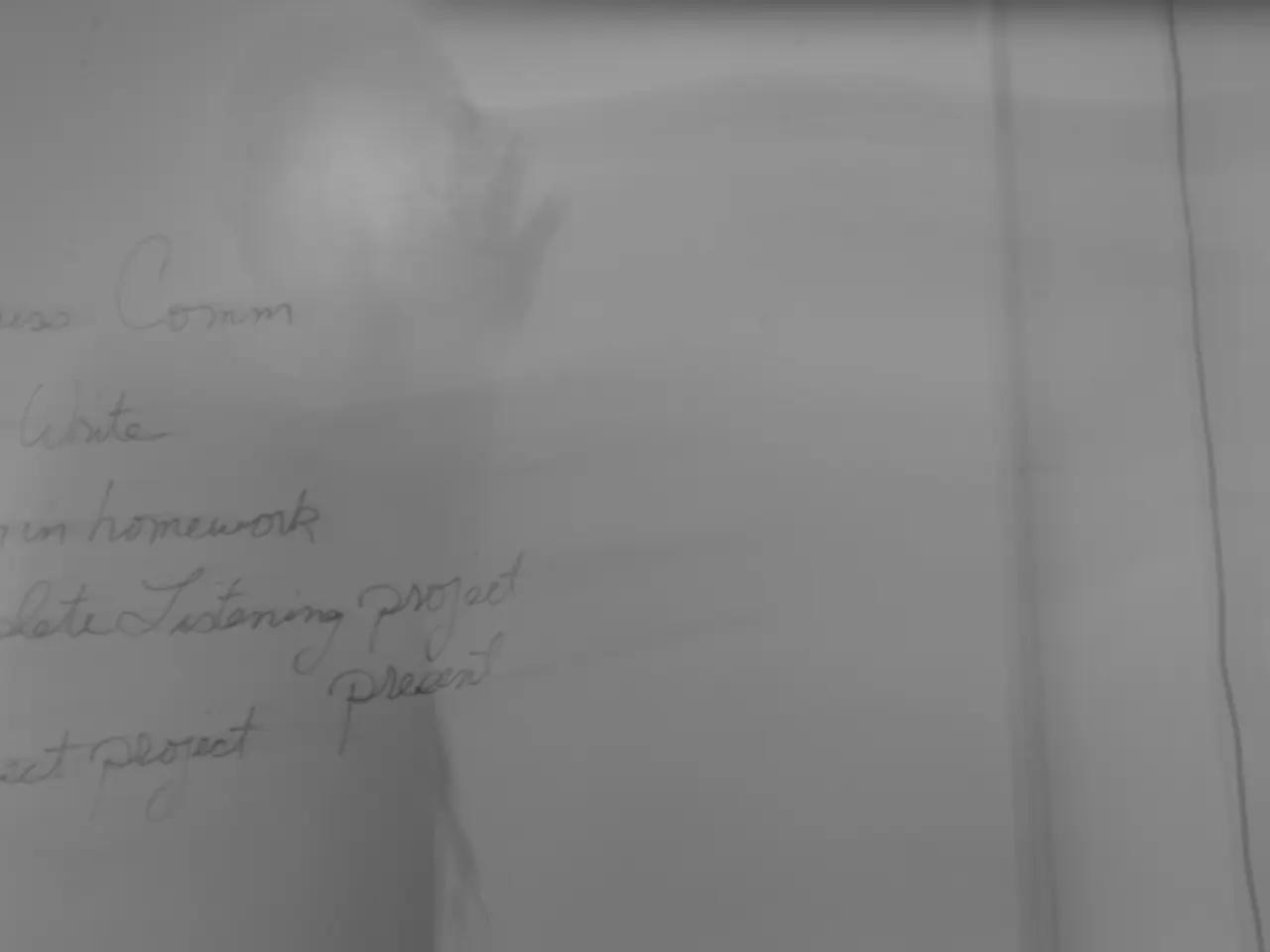Lula vows to maintain dialogues with international leaders to influence a resolution on Trump's tariff policies
Brazilian President Luiz Inácio Lula da Silva is actively challenging the tariffs imposed by former US President Donald Trump, using them as an opportunity to bolster national sovereignty narratives and strengthen multilateralism.
As of August 2025, the US tariffs against Brazil are among the highest, with Lula invoking Brazil’s economic reciprocity law to promise reciprocal measures if tariffs increase further. This stance positions Brazil as a key challenger to Trump’s tariff regime, resonating as a defense of democratic norms against perceived US pressure to subvert Brazil’s institutions.
The president's firm position is not only a response to US tariffs but also an opportunity to influence regional powers. Notable interest has been shown by neighbouring countries like Mexico and Canada, with Brazil's response seen as influential within the Western Hemisphere. Although specific negotiation details between Lula and Mexico’s president are not explicitly reported, analysts highlight Brazil’s position as a pivot and example in broader hemispheric trade and political relations amid Trump’s tariff strategy.
Key sectors like coffee and meat remain heavily taxed, keeping the issue unresolved and negotiations ongoing. This ongoing stalemate underscores a shift in Brazil’s geopolitical alignment toward greater ties with China and away from reliance on the US, which Lula appears willing to embrace as part of resisting US pressure.
In addition to regional discussions, Lula has been holding talks with heads of state from various countries, including China, India, Russia, South Africa, Germany, and France. The president finds the tariffs imposed by Trump to be unfair, not just, and not honest, and seeks a solution to the tariffs imposed on several countries.
Lula believes that countries lose power when they negotiate individually with the United States, and he reinforced his stance on multilateralism on Wednesday. The discussions aim to make a decision about ongoing issues related to the tariffs and multilateralism, with the president continuing his talks with various heads of state, including Mexico's president, this week.
The president has already held talks with Chinese President Xi Jinping and Indian Prime Minister Narendra Modi, and he recently received a phone call from Russian leader Vladimir Putin. Lula's push for the strengthening of multilateralism reflects a global trend towards collective action and cooperation in the face of trade disputes and geopolitical challenges.
In summary, Lula has not softened his stance or entered into conciliatory negotiations with Trump or other leaders regarding the tariffs but rather is using the situation to assert Brazil’s sovereignty and rally domestic support. While engaging closely with regional powers aware of the ramifications of US tariffs, formal progress in discussions over tariff reductions or accommodations with Mexico or others remains limited and characterized by strategic positioning rather than consensus.
- The news of Brazil's challenging stance against US tariffs, particularly in the context of policy-and-legislation and politics, is creating a buzz, with Lula using this as an opportunity to fortify national sovereignty narratives and strengthen multilateralism.
- Amid ongoing negotiations with various countries including Mexico and China, Lula is advocating for the strengthening of multilateralism in general-news, viewing it as a means to counter perceived US pressure and ensure fairness in trade policies.




